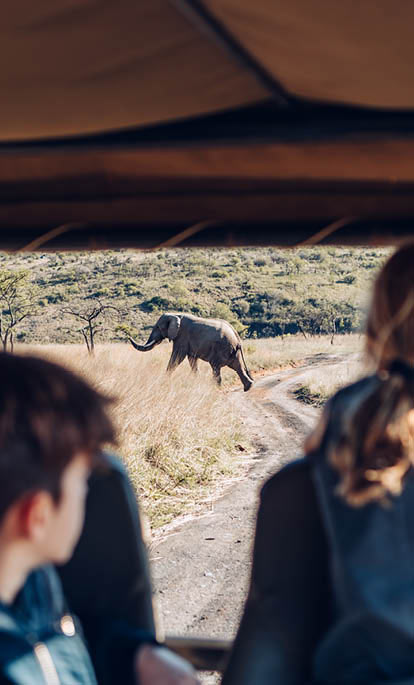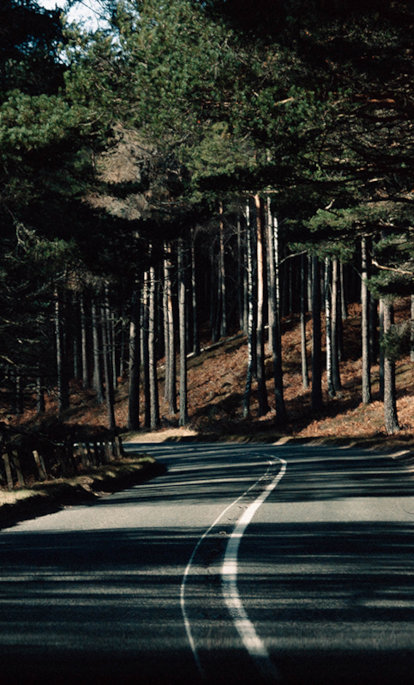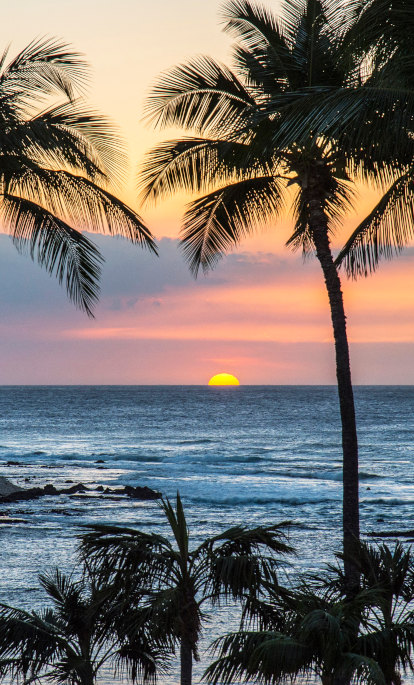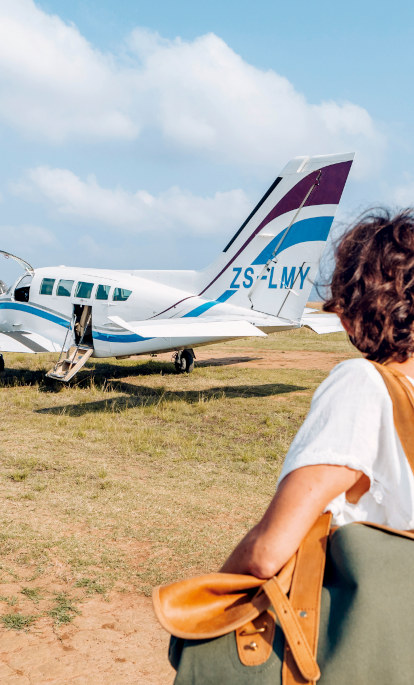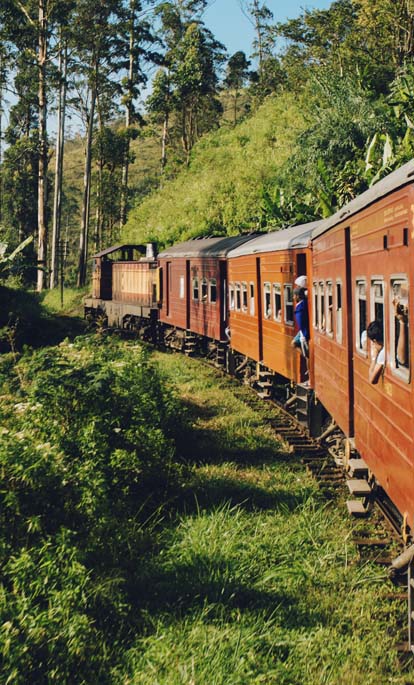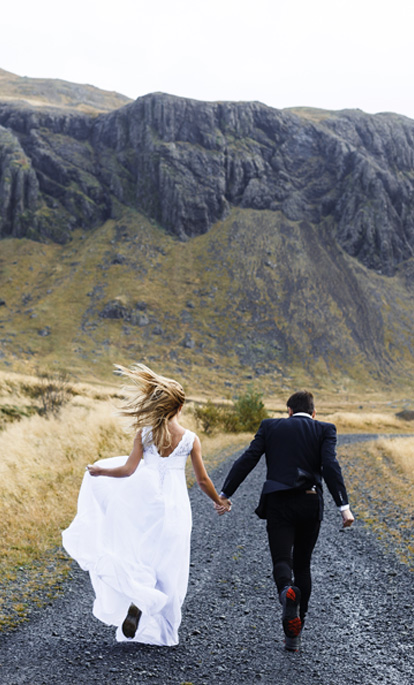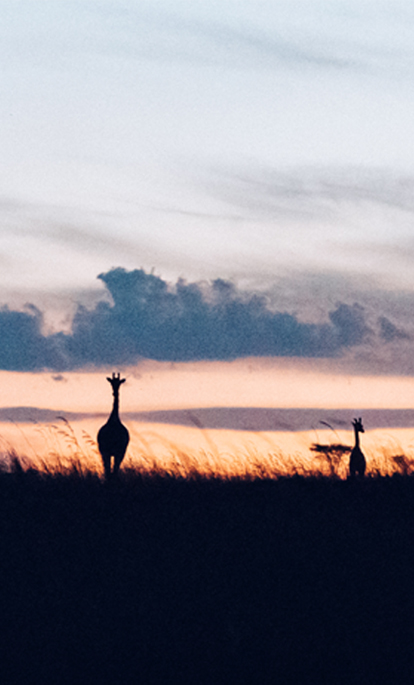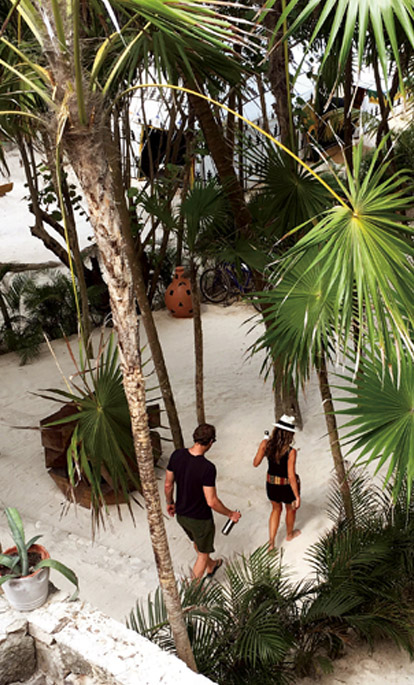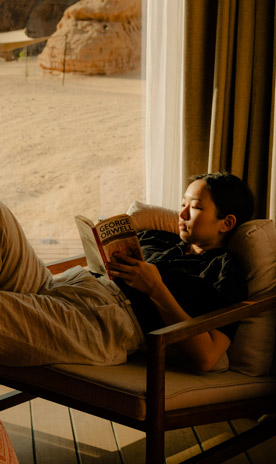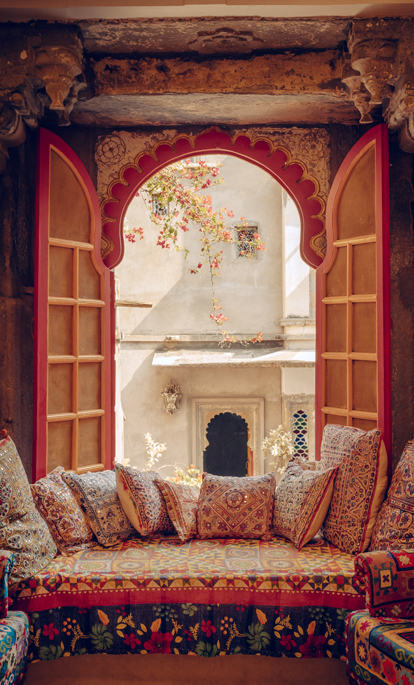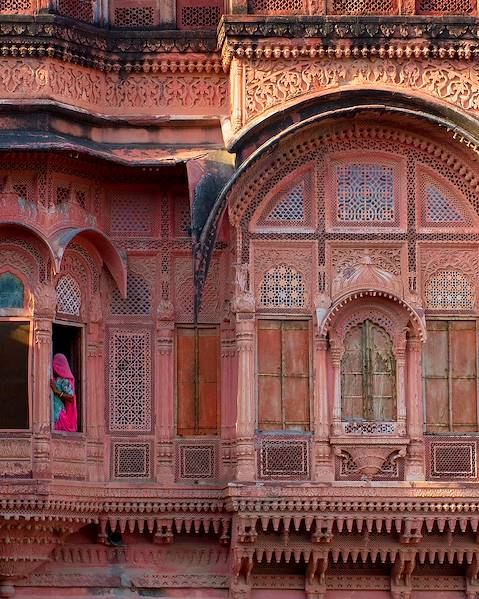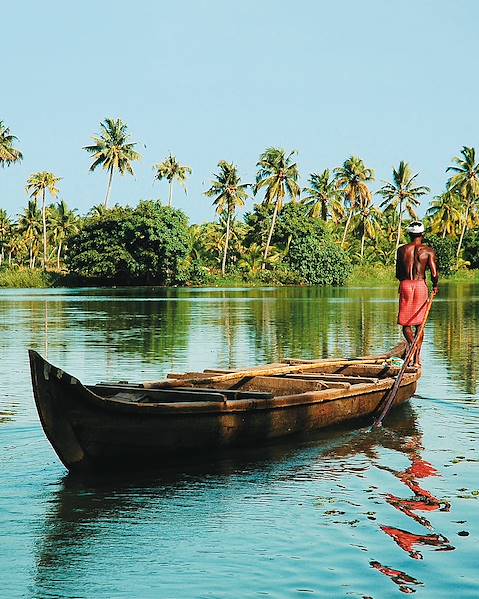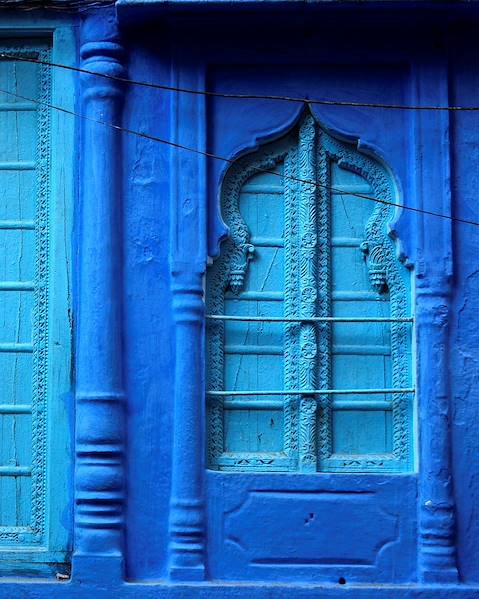Holidays to India are packed with pinch-me moments – from the chaotic streets of Delhi to the zen-like rivers of Kerala, the laid-back beach resorts of Goa to the spiritual power of Varanasi – India is a little slice of everything rolled into one. A trip here will tingle taste buds, awaken senses, widen eyes and relax minds. Here are some things to note before your stay.
On the road
Road conditions are slowly improving in India and bigger highways are the best Indian roads to drive on, but even on developed roads, expect to see cows, goats, potholes and the odd fire during a journey. Locals drive with free abandon and fearlessness that’s shocking and, at times, terrifying. Journey times are long and mileage is often unimportant – trips aren’t counted in distance driven, but hours taken.
By your side
A good driver will be your best friend during a stay in India (and, lucky for you, we always choose the best). While they’re adept at navigating the perpetual chaos on the roads, drivers are renowned for lacking flexibility, so don’t expect to deviate from the set route – if they have a plan they like to stick to it. Rest assured, though, when you’re on a tour, the drivers and guides we recruit are the cream of the crop and will be able to give you all the inside information you need during your stay. The vehicles we use are also generally excellent. That’s not to say all journeys across India will be comfortable ones – the inevitable near-misses are not something you get used to no matter how many times you buckle up. Drivers and guides are paid well and while we strive to change the practice of making stops in shops, this is a habit ingrained into the country’s culture.
Begging is rife in India, and for visitors who are not used to overt displays of poverty, it can be unsettling. While difficult, it’s best to ignore any requests for money, as there’s no way to tell who is genuine and who is not. If you want to give back to the community, talk to your local guide, who will be able to point you in the direction of local good causes, schools and clinics you can donate to.
At the table
Indian cuisine is some of the best on the planet – it’s rich, varied and often spicy. At times, only curd and yoghurt will soothe the fire that burns on your palate following an Indian feast! Tea is always sweet and milky. Something to note is that Indians speak very little during a meal, if at all.
What to do, not to do
Unless the person you’re greeting takes the initiative, do not shake hands when saying hello. The most popular way to greet is to put hands together, nod and say ‘namaste’. Do not be surprised by the Indian way of saying ‘yes’, which is often expressed by a lateral nod that closely resembles a European ‘no’.
Short skirt and shorts should be avoided when in India and both sexes should also cover shoulders, especially when visiting a place of religious worship. Covering arms and heads is sometimes required when visiting certain temples.
Tipping is not widely expected in India especially outside of bigger cities and tourist hotspots. There are exceptions however and like anywhere, if a service is good, a small monetary gesture of thanks is always welcome. Tipping is customary for porters (approx. 100 rupees), local guides (approx. 600 rupees per day), accompanying guides (approx. 800 rupees per day) and drivers (approx. 500 rupees per day).
To finish
A trip to India is an exceptional, life-altering experience. A frenzied, beautiful, culture-clashing and colourful nation – often spiritual and always exciting, it’s a place that's as fascinating as it is magnificent and one holiday to India is never enough. Head here and return home with memories and stories that’ll last a lifetime.
